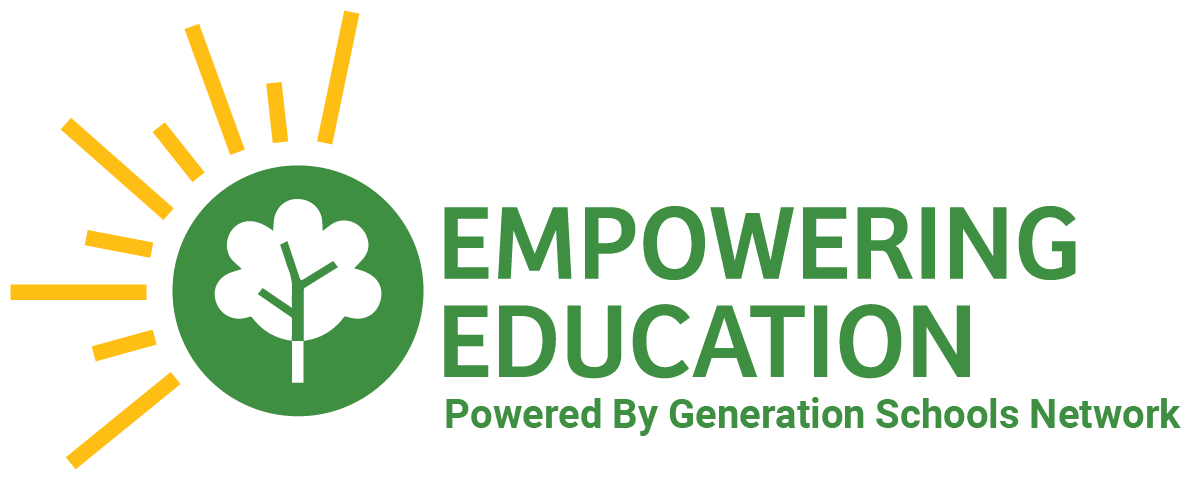
Social and emotional learning, or SEL, is “the process through which children and adults acquire and effectively apply the knowledge, attitudes, and skills necessary to understand and manage emotions, set and achieve positive goals, feel and show empathy for others, establish and maintain positive relationships, and make responsible decisions” (www.casel.org). Many teachers around the world have been teaching and implementing SEL practices in classrooms for decades teaching the critical skills of empathy, compassion, social-skills, and communication. In recent years SEL has become a popular topic of conversations in education circles and through policy change around the United States. Many states now require SEL to be incorporated through the school day with SEL as separate state standards for educators and schools to follow. We know that SEL is becoming more of a pressing need in schools, but what do we know about the benefits of SEL?
According to the Collaborative for Social and Emotional Learning (CASEL), research shows that SEL programming can have positive impacts on school climate while enhancing academic, emotional, and social benefits for students. Durlak et al. (2011) found that with consistent SEL programming, there was an increase in student academic performance, improved attitudes and behaviors, fewer negative behaviors, and reduced emotional distress.
With a focus on academic performance, researchers found that achievement scores for students who received SEL instruction were an average of 11 percentile points higher than students who did not receive SEL instruction. In regards to behaviors and attitudes, the research found there was greater motivation to learn, deeper commitment to school, and more positive classroom behaviors with students who received SEL instruction as well as a decrease in disruptive classroom behaviors and noncompliance. Finally, the research team found that students who received SEL instruction had lower reports of depression, anxiety, stress, and social withdrawal than their peers who did not receive SEL instruction.
Beyond the direct emotional and academic benefits to students, SEL is now accepted as a critical factor in economic outcomes on individual and societal levels. Traditionally, economic success and employability were strictly linked to increasing cognitive skills in education. Recent research in economics, psychology, neuroscience, and education, however, all point to a more unified model of cognitive and non-cognitive skills. In other words, increasing social and emotional skills through effective SEL programming in schools will have a direct effect on graduates’ employability and earnings, as well as the overall economic strength of countries embracing policies that support effective SEL programming and reform.
Clearly, through the body of research, there are benefits of incorporating SEL into the classroom. If interested in learning more about bringing SEL into your classroom or home, sign up for the free trial today to start your SEL journey with Empowering Education. Empowering Education offers comprehensive K-8 social and emotional learning curriculum with the best of mindfulness, cognitive behavioral theory, and neuroscience to empower students with the skills of self-awareness, self-management, social awareness, relationship skills, and responsible decision making.


